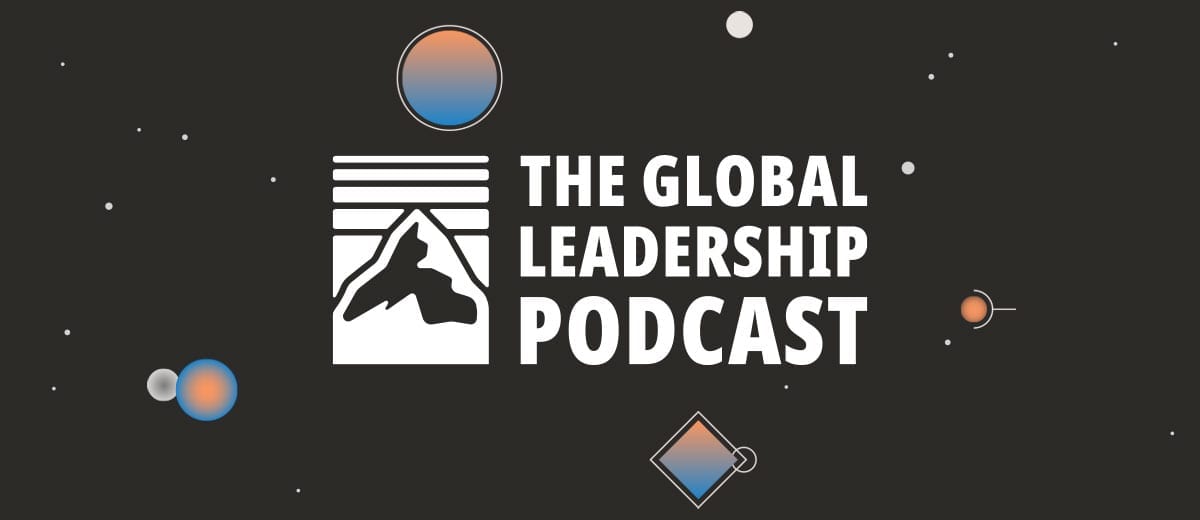
SUMMARY
In this episode, Paula Faris talks with pastor and theologian Krish Kandiah about his passion for hospitality and his work with the foster system and refugees in the UK. Krish shares about how he moves quickly from idea to action, some of the ups and downs of his own journey, and how he lives out “Heart Leadership.”
IN THIS EPISODE:
- What is an “Officer of the British Empire” (OBE), and how does one get that honor?
- How did Krish get started working with refugees?
- How was Krish involved in the UK’s “Homes for Ukraine” program?
- What are some ways to respond to setbacks or ups and downs in your calling?
- What is the role of hospitality (welcoming the stranger) in the Bible?
- What is the founding story of Krish’s family, and how does it influence his work today?
- What is “Heart Leadership?”
- How does Krish balance being available to those in need and having appropriate boundaries?
LISTEN
Apple Podcasts | Spotify | YouTube
STANDOUTS AND TAKEAWAYS
- Move to a fast pilot: simply ask, “What’s the worst thing that could happen?” and then go for it and see what kind of traction you get.
- When God closes a door, He usually opens another one.
- When you’re trying to figure out what’s next: Stay close to God, cling to those around you (your family and friends), and stay open to what’s going on in the world.
- Christians have always been called in two directions: love God, and love your neighbor.
- “Heart Leadership” is about bringing your whole self to your leadership efforts.
- Heart Leadership is empowered by simply getting proximate to people in need.
- Sometimes “maintaining boundaries” is just abdicating responsibility for others.
LINKS MENTIONED
- Website: Krish’s Website
- Website: Paula’s Website
- Added Value: The Liberating Move of God (from World Vision)
- Added Value: Order of the British Empire
- Website: Sanctuary
- Website: Homes for Ukraine (UK)
- Website: Global Leadership Network
THIS EPISODE SPONSORED BY:


Recent Comments